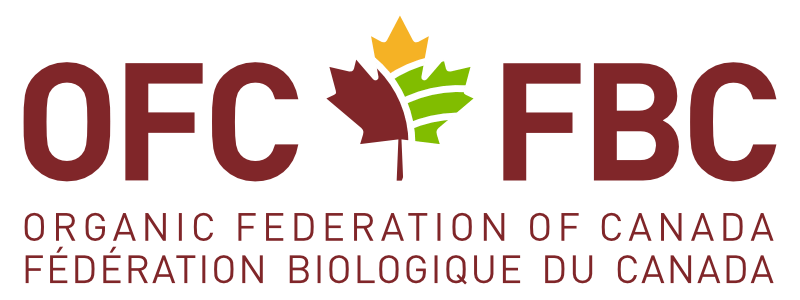the Canadian organic agriculture
and territorial organizations

Organic Federation of Canada

Farmers are stewards of the land.
Thousands of Canadian farmers apply the Canadian Organic Standard to preserve the richness of the soil, the quality of the water and air, and the health of the ecosystems in which their crops are grown and livestock raised.
They produce food for consumers who are looking for environmentally friendly agri-food production that prevents soil degradation.
Dedicated to the growth of the Canadian organic industry, the Organic Federation of Canada has a mandate to maintain and interpret the Canadian Organic Standard and to manage scientific research in organic production in Canada.
Welcome to the Organic Federation of Canada!

Organic Science Clusters
The research increases productivity, capacity and competitiveness of the Canadian organic operations.
Launched in 2009, the Organic Science Clusters bring together researchers across Canada who are developing innovative, ecologically sound farming practices to benefit all Canadian producers.
The success of the Organic Science Clusters reinforces a values-based sector with science-based knowledge and practices and helps build scientific capacity in organic production systems.
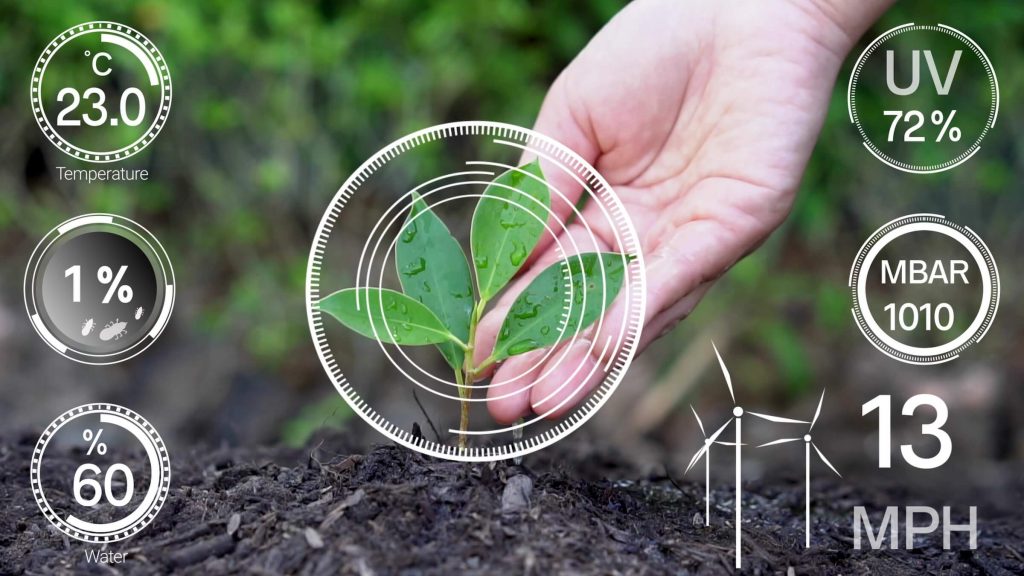

Canadian Organic Standards
Referenced by the Safe Food for Canadians Regulations, the Canadian Organic Standards determine how organic products intended for human and animal consumption are grown and processed.
Organic agriculture sustains the health of soil, plants and livestock by prescribing minimized tillage, crop rotation, diversification of biodiversity and animal welfare.
The Canadian Organic Standards exclude GMOs, nanotechnologies, growth regulators, cloned livestock and synthetic fertilizers.

Interpreting the Canadian Organic Standards
In order to support operators implementing the Canadian Organic Standard and to resolve conflicting interpretations between certification bodies and certified operators, the Canadian Food Inspection Agency has established in 2009 the Standards Interpretation Committee.
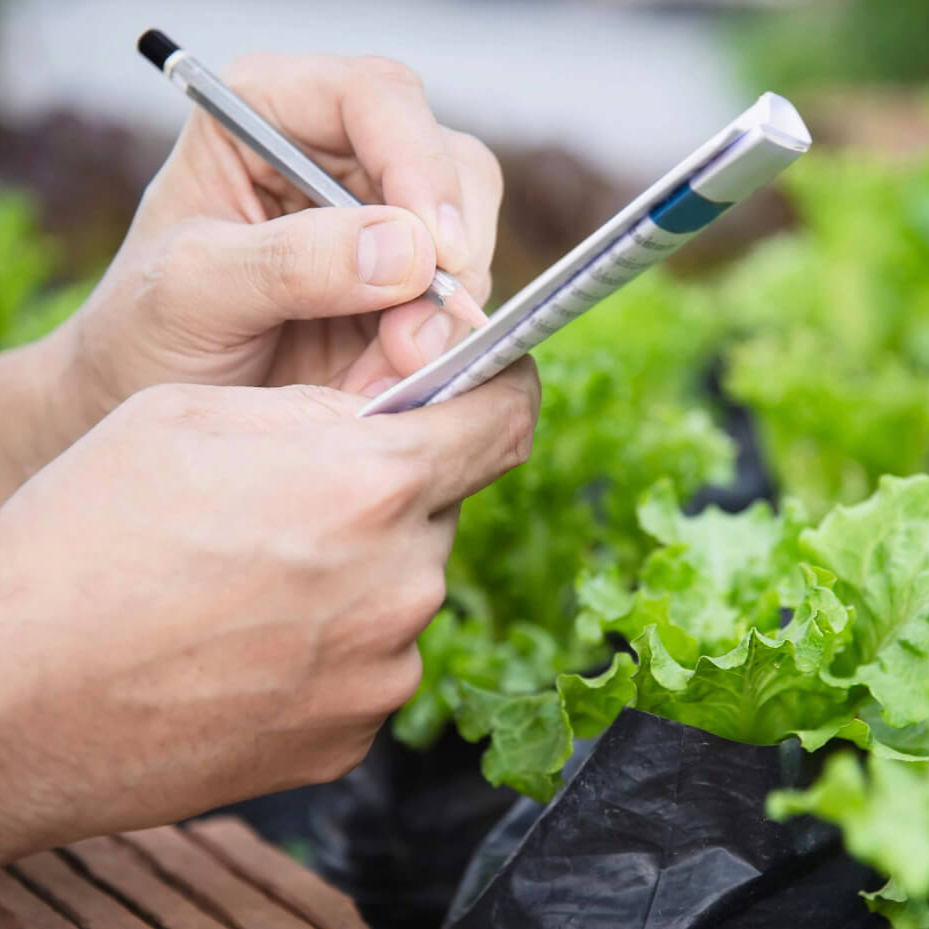
Final Questions & Answers (Final Q&As) - Canadian Organic Standards

InfoBio
We publish a bilingual monthly newsletter called InfoBio to update the sector on the rules and standards that apply to organic production in Canada, and about the scientific research that relates to organic agriculture.
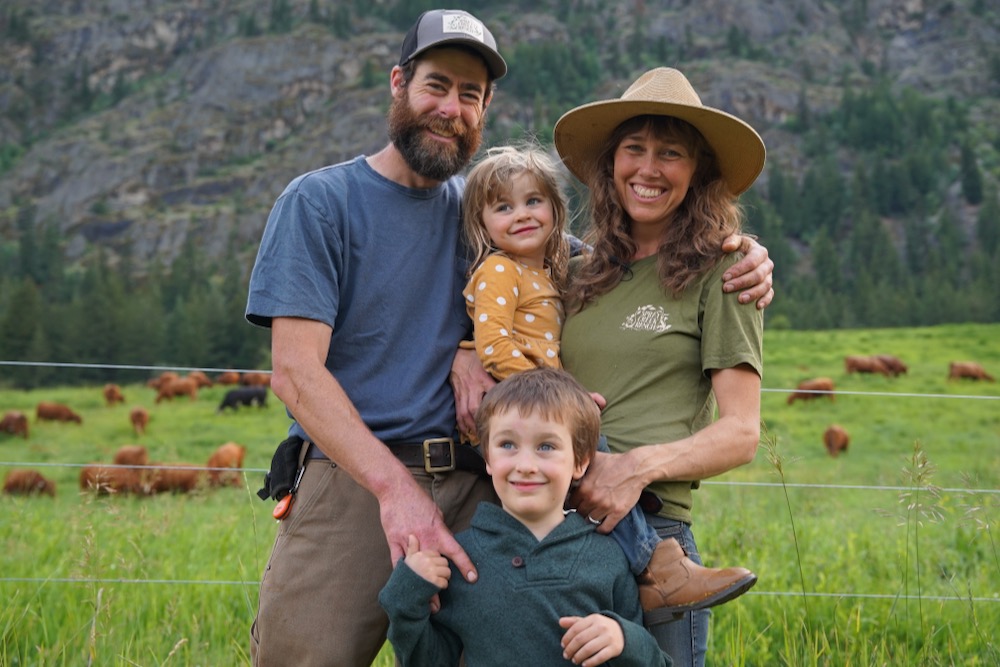
Physical alterations of livestock : a sensitive issue – Call for nominations for the SIC
A call for nominations has been issued for the Standards Interpretation Committee (SIC) of the Canadian Organic Standards, seeking individuals to contribute to the interpretation of organic standards.

Phosphorus on organic farms – is struvite the solution? Report from AGRI-SIC
Struvite, a slow-release fertilizer derived from wastewater, effectively recycles phosphorus and nitrogen, reduces nutrient leaching, and maintains or improves crop yields, offering a sustainable alternative to conventional fertilizers.
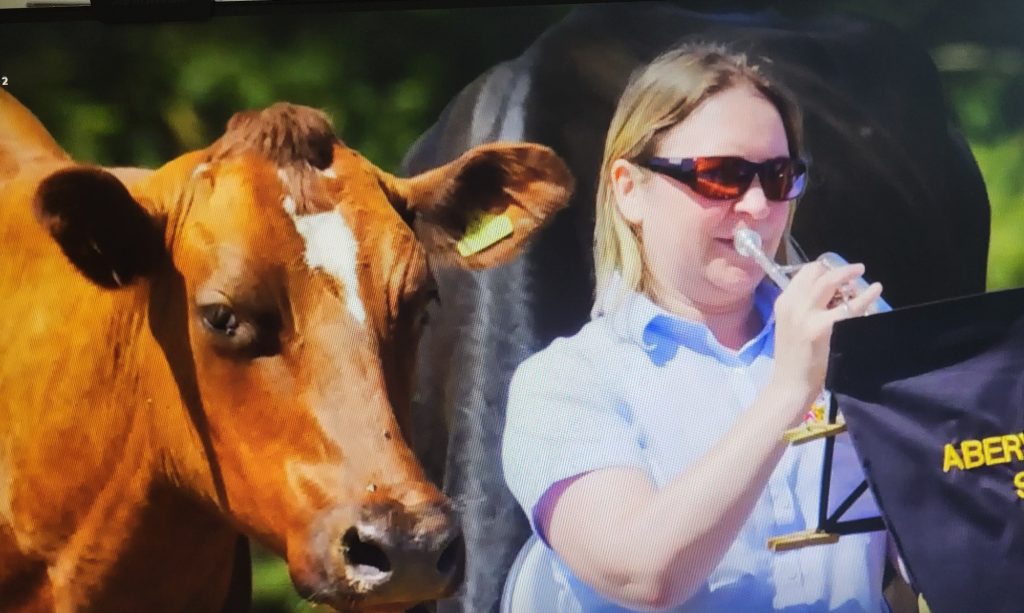
Animal welfare and biodiversity on the agenda of the standards review
A survey is being conducted to gather stakeholder input on incorporating social justice principles into the Canadian Organic Standards.

Organic Science Conversations
Scientists are passionate when they talk about their work!
The series of podcasts Organic Science Conversations presents interviews with the scientists involved if the research activities of the Organic Science Cluster 3.
A transcription of the interview is also available for some of these interviews.
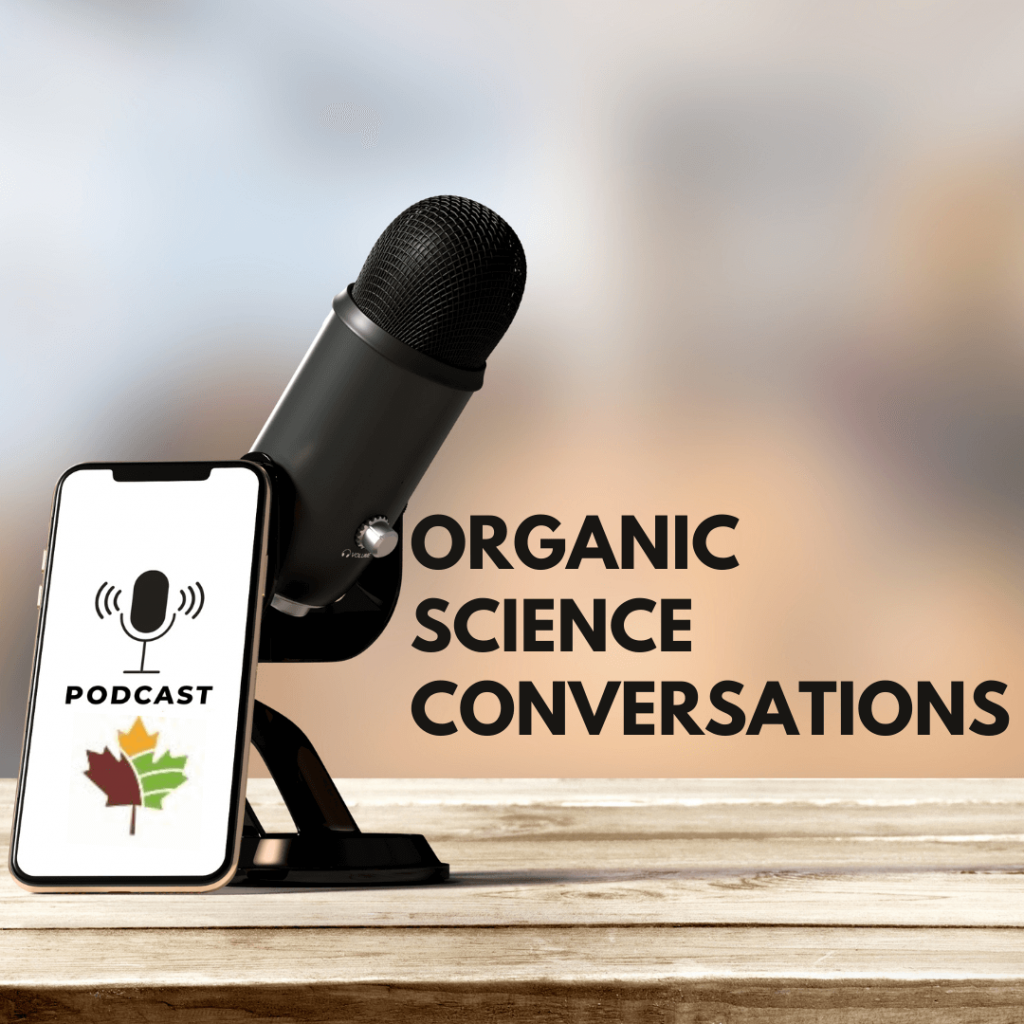
The Ecological Challenge of Controlling the Pestilent Wireworm
Wireworms can cause serious damage to horticultural food crops. Todd Kabaluk evaluates practices that maintain wireworms at levels acceptable for production of smaller-scale food crops.

The Organic Control of the Spotted Wing Drosophila
Dr. Chandra Moffat speaks about her role in the development of multiple strategies for the management of the spotted wing drosophila, with a focus on organic methods of control.

Best Organic Practices for Enhancing Vineyard Soil Health
Dr. Mehdi Sharifi, in partnership with Dr. Liette Vasseur, tests the combinations of cover crops, rootstocks, and irrigation for enhancing vineyard soil health.

